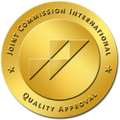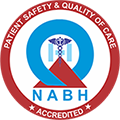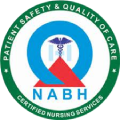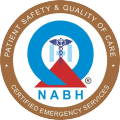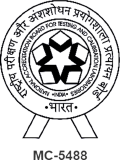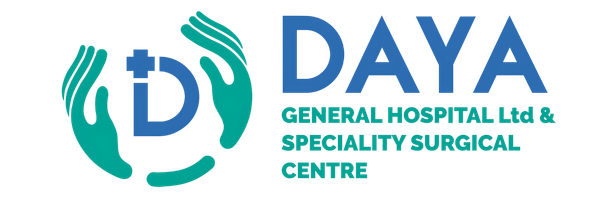DNB – General Medicine at Daya General Hospital
Program Overview
Our 3-year DNB (Diplomate of National Board) training in General Medicine is delivered under the National Board of Examinations. Trainees are mentored by experienced faculty and rotated through essential super-specialty departments such as Pulmonology, Critical Care Medicine, Gastroenterology, Cardiology, Neurology, Oncology, Endocrinology, and Emergency Medicine.
Procedural Training
Through guided institutional rotations, trainees gain hands-on experience in:
- Central venous access: IJV and femoral vein catheterization
- Arterial access: Arterial and venous blood sampling, femoral artery catheterization
- Spinal & fluid procedures: Lumbar puncture, pleural tapping, ascitic tapping, bone marrow aspiration + biopsy
- Airway & tube insertion: Endotracheal intubation, Ryle’s tube placement, Foley catheter insertion
- Thoracic interventions: Intercostal drain (ICD) insertion
- Minor surgeries: Wound suturing
- Bedside diagnostics: Ultrasound and echocardiography screening, fundoscopy, otoscopy
Rotation & Skill Integration
Trainees transition through multiple key departments, gaining supervised experience in real-life clinical environments:
- General Medicine & ICU — daily patient assessment, management planning, and intervention
- Emergency Medicine — acute care skills, airway management, urgent resuscitative procedures
- Specialty Rotations — hands-on skills and diagnostics in subspecialties, with emphasis on bedside procedures and decision-making
Objectives & Competencies
By the end of the program, trainees will:
- Master common and critical bedside procedures
- Independently perform vascular access and fluid sampling
- Conduct basic life support and advanced airway management
- Diagnose using bedside imaging (USG, ECHO), fundus and ear examination
- Develop clinical judgment through supervised case handling
Mentorship & Faculty
Under the guidance of qualified, senior General Medicine faculty and rotating subspecialists, trainees receive structured mentorship, personalized feedback, and access to a rich learning environment.

